Bola Tinubu, national leader of the All Progressives Congress (APC), has proposed a seven-point agenda for the revival of the country’s troubled economy.
Tinubu, who made the proposal while delivering a lecture in Lagos, said the decline in oil prices had revealed the sham of the country’s extant economic model.
He listed a national industrial policy, infrastructure plan, tax credits and subsidies, credit-based economy, more electricity generation, government-backed home mortgage system, investment in agriculture, as important measures that could help to re-position the nation’s economy.
“We must realise that no populous nation has ever attained broadly- shared prosperity without first creating an industrial capacity that employs large numbers of people and manufactures a significant quantity of goods for domestic consumption or export,” Tinubu said.
Advertisement
“A strong common thread is their policies of buffering strategic industries in ways that allow for the expansion and growth of the overall economy.
“So, we must press forward with a national industrial policy fostering the development of strategic industries that create jobs as well as spur further economic growth.
“Whether we decide to focus attention on steel, textiles, cars, machinery components, or other items, we must focus on manufacturing things that Nigerians and the rest of the world value and want to buy. We must partially reshape the marketplace to accomplish this.”
Advertisement
He also proposed the need for the federal government to develop a policy of tax credits, subsidies that insulate critical sectors from the negative impact of imports.
He equally recommended a national infrastructure plan, noting that roads, ports, bridges and railways need enhancing, and new ones need to be built with the goal being to develop a coherently-planned and integrated infrastructural grid.
According to him, the lack of electricity was perhaps the single greatest impediment to the country’s economic advancement.
“A national economy cannot grow beyond the capacity of the infrastructure that serves it. Good infrastructure yields a prospering economy. Weak infrastructure relegates the economy to the poorhouse,” he said.
Advertisement
“Deficit spending in our own currency to advance this mission is neither a luxury nor a mistake. It is a fulcrum of and balanced and shared prosperity.
“The hurdles we face are not technical in nature. We must overcome the economic, political and bureaucratic bottlenecks preventing us from achieving reliable electrical power.”
He proposed a credit-based economy, stating that credit for business investment was too costly in Nigeria.
The former governor explained that lower rates were required for industrialists to borrow without fear that excessive costs of borrowing would consign them to irredeemable debts.
Advertisement
Tinubu also said government-backed home mortgage system must be re-engineered, contending that mortgage loan agencies must be better funded and should liberalise their eligibility requirements so that more people could qualify for them.
Advertisement
1 comments

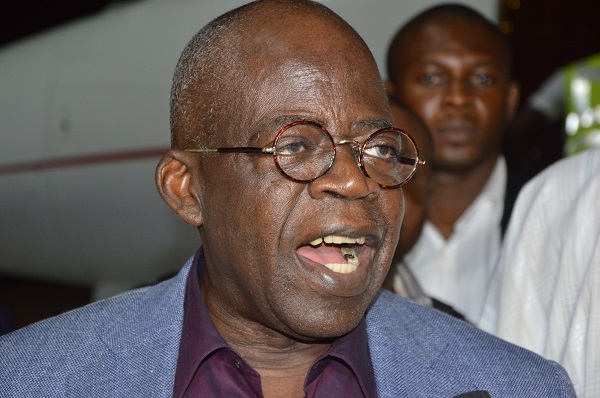
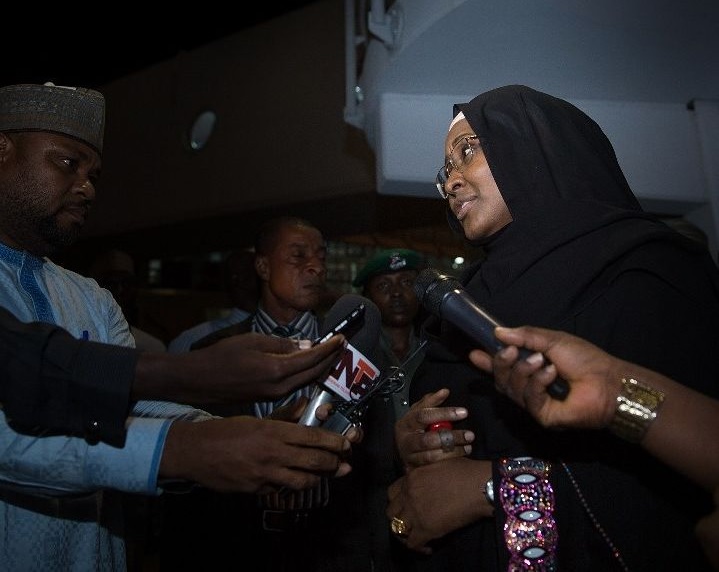
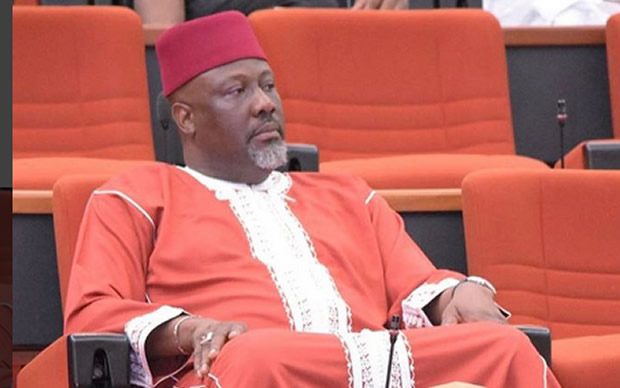
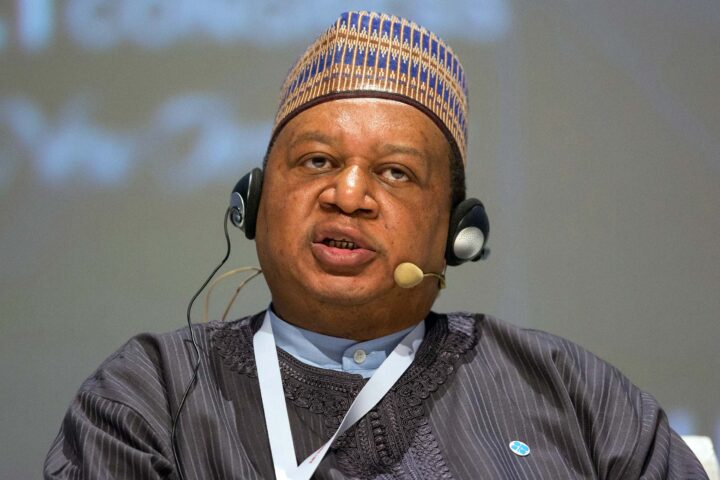
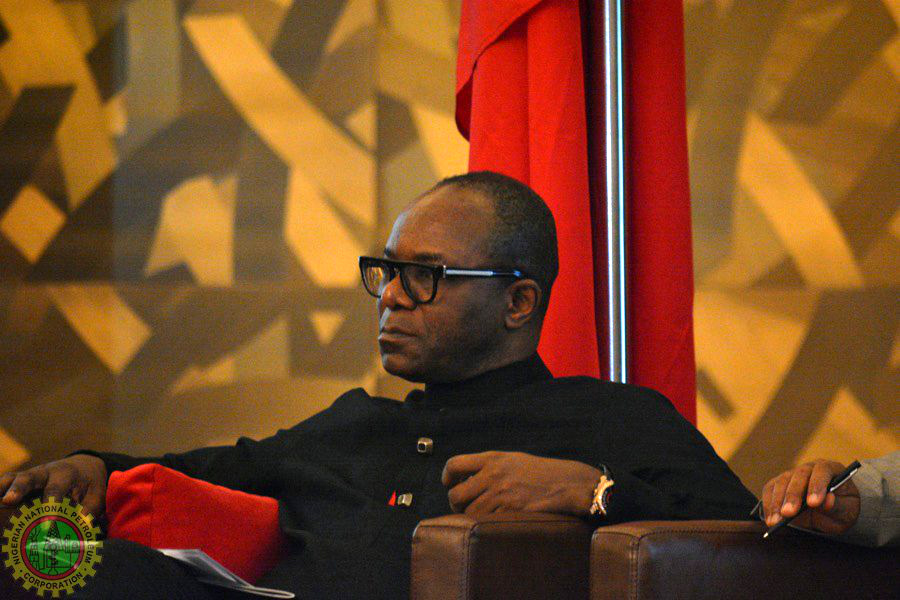
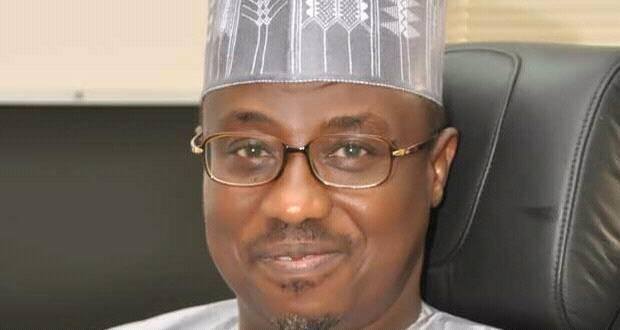

Yes to most of the proposals but: On electricity is it generation that is the fundamental problem? I believe not sir. Even at current rate of generation, it is evidently clear that there is far more generation than the Grid could transmit. This is further compounded by a terribly poor distribution system and a inadequate maintenance culture.
First and foremost is to re-energise the Transmission System and beef up the Distribution network. The constant review of electricity Tariffs serves no purpose than saddle consumers with a liability that is not of their own making!